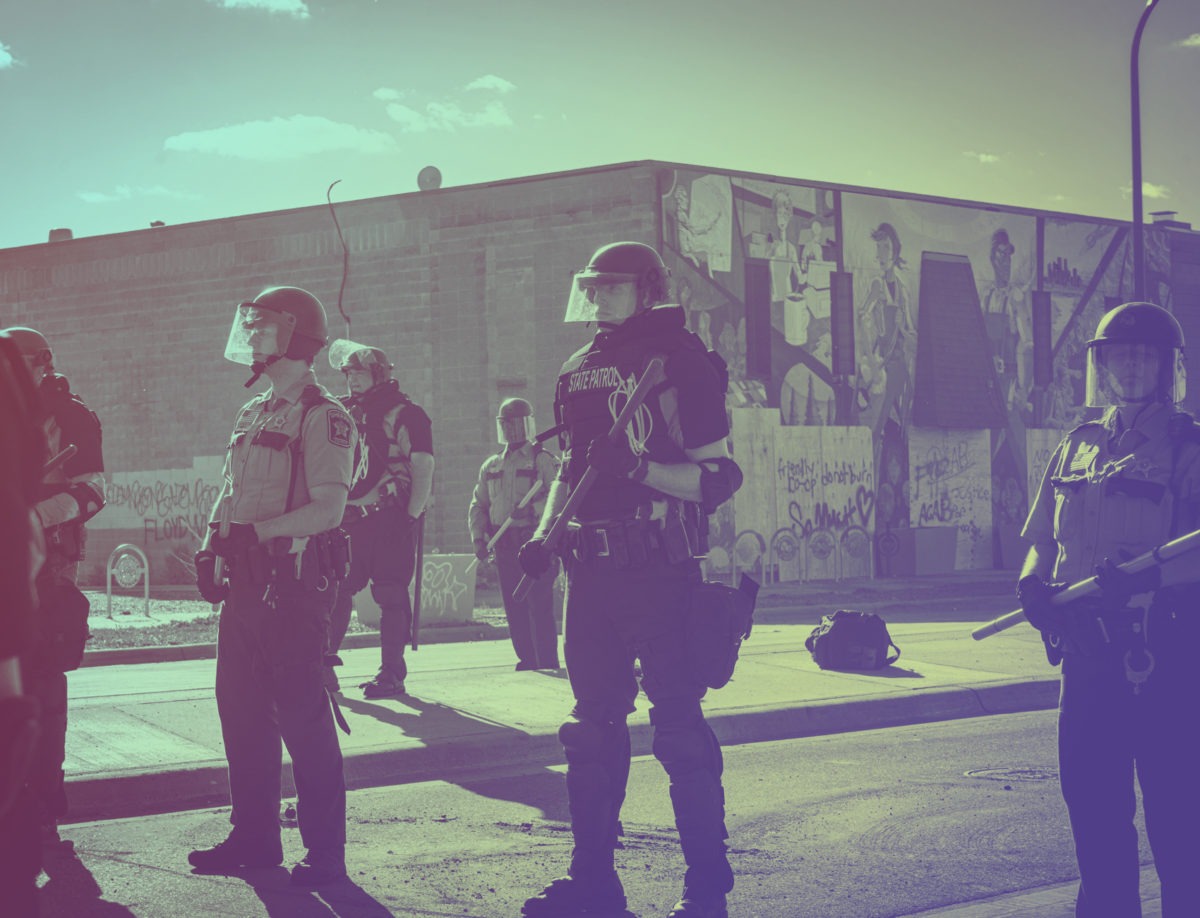
Policing Is Not ‘Public Safety’
Real public safety policies should promote overall health and account for the extraordinary harm that policing and incarceration inflict.

Real public safety policies should promote overall health and account for the extraordinary harm that policing and incarceration inflict.

American society has so racialized the concept of “gangs” that tying gang affiliation to imprisonment fails to seek justice.
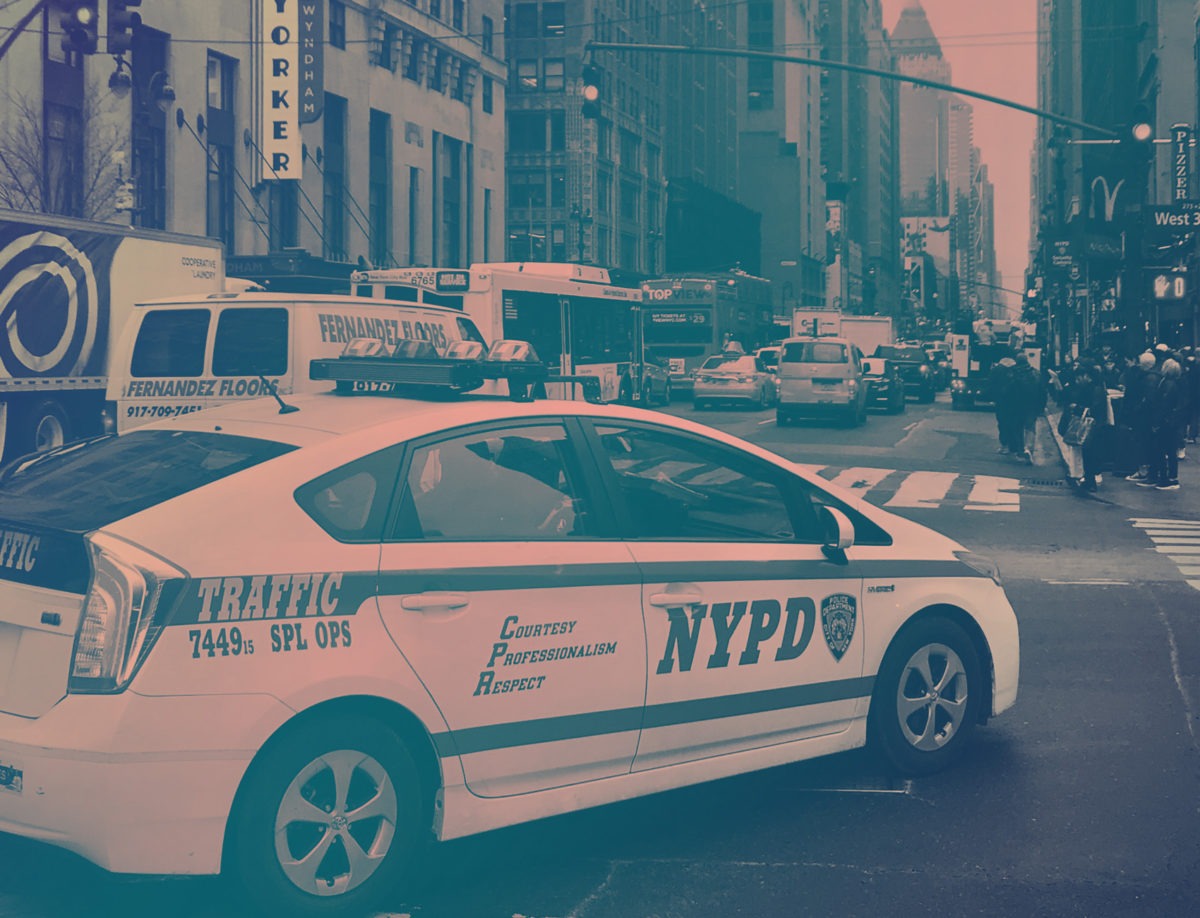
A strong majority of NYC likely Democratic primary voters want to see the next mayor use alternatives to policing to address gun violence.
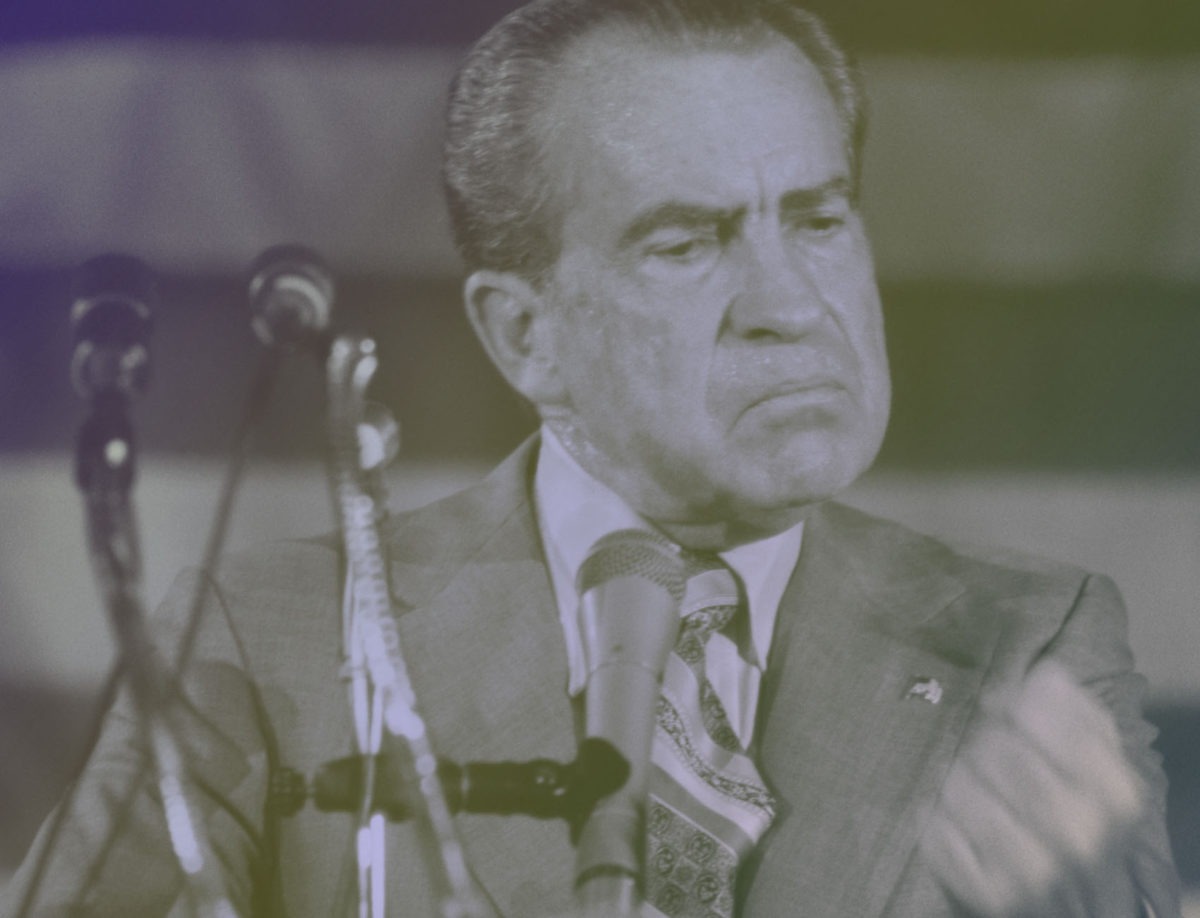
After 50 years, voters support ending the destructive and discriminatory War on Drugs and treating drug use as a matter of public health.

New poll shows that New Yorkers want their next DA to tackle police misconduct and lead on reform.

The pandemic has turbo-charged the overdose crisis, and the Biden administration can bend this curve by abandoning ineffective and counterproductive policy.
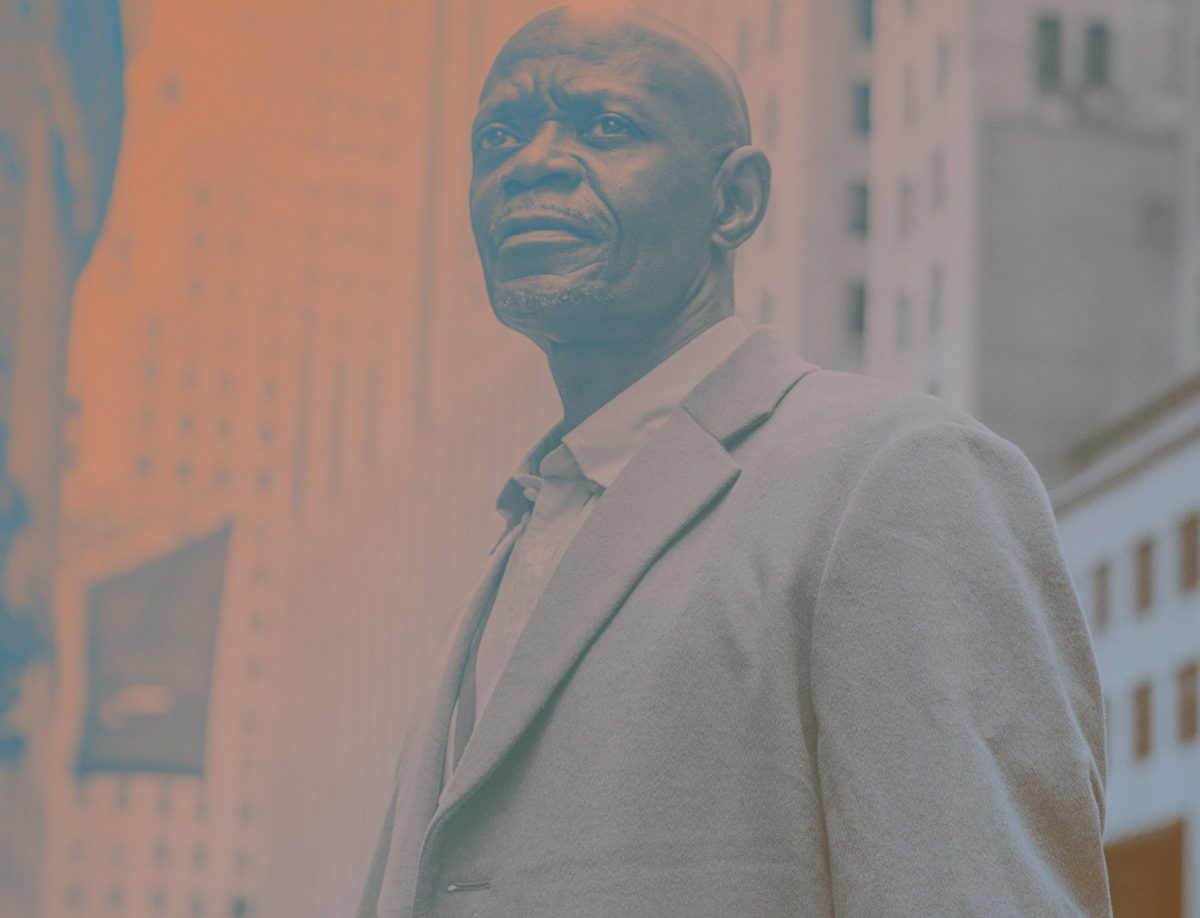
Temporary guaranteed income would provide the economic stability necessary to make reintegration more likely while providing benefits to taxpayers.

Ending false confessions is a moral imperative that requires action from police and all the stakeholders in the criminal legal system.

As calls to remove police from traffic enforcement grow, state and local governments must consider how automation can lead to true reform.

The pattern of reform and fearmongering is the latest example of lawmakers weaponizing the age-old false connection between race, fear, and criminality.

New polling shows NYC voters ready for a mayor to take strong steps towards affordable housing, police accountability, and reimagining public safety.

We can and should revise the regulatory and policy approaches, in consultation with communities and stakeholders, to achieve equitable solutions.
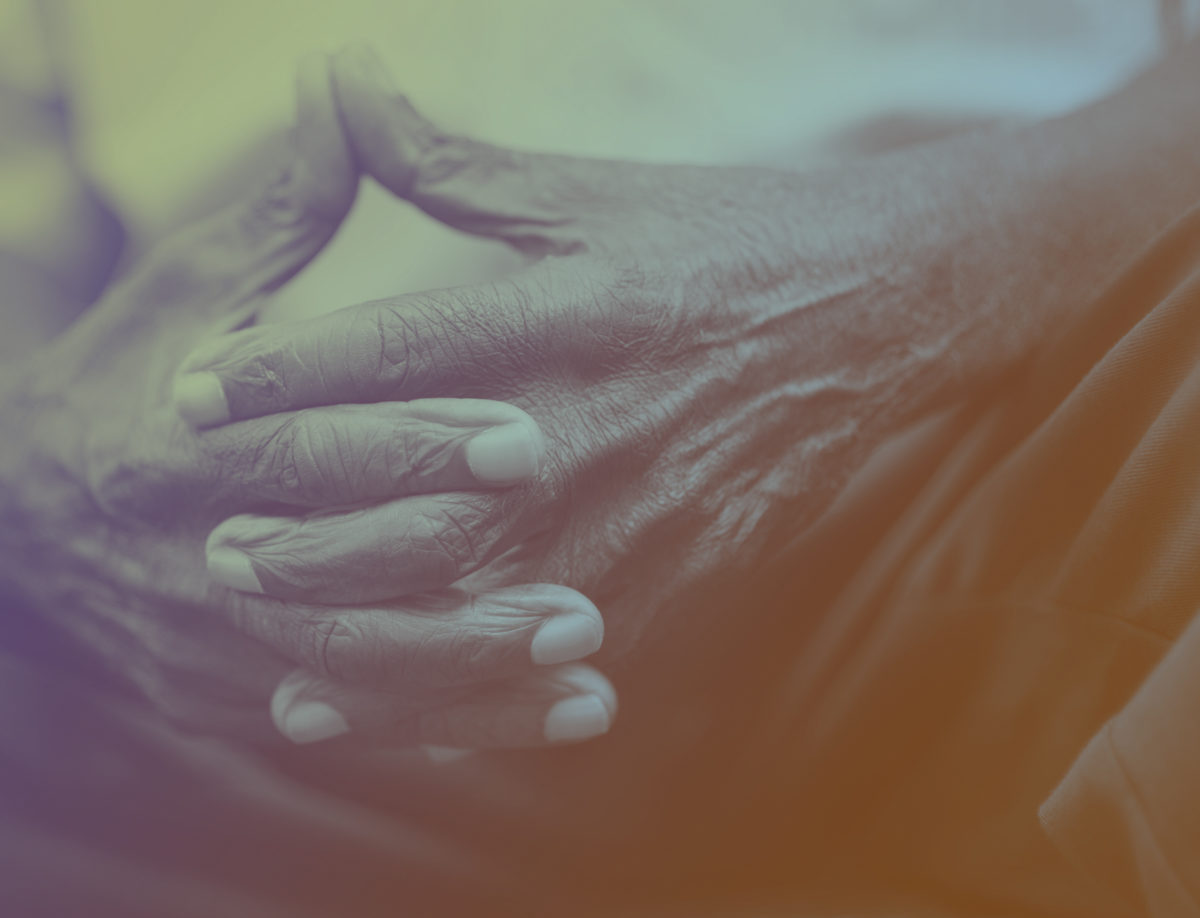
Clemency powers are the most direct route to addressing the profound harm of needless incarceration and ending excessive, unjust sentences.
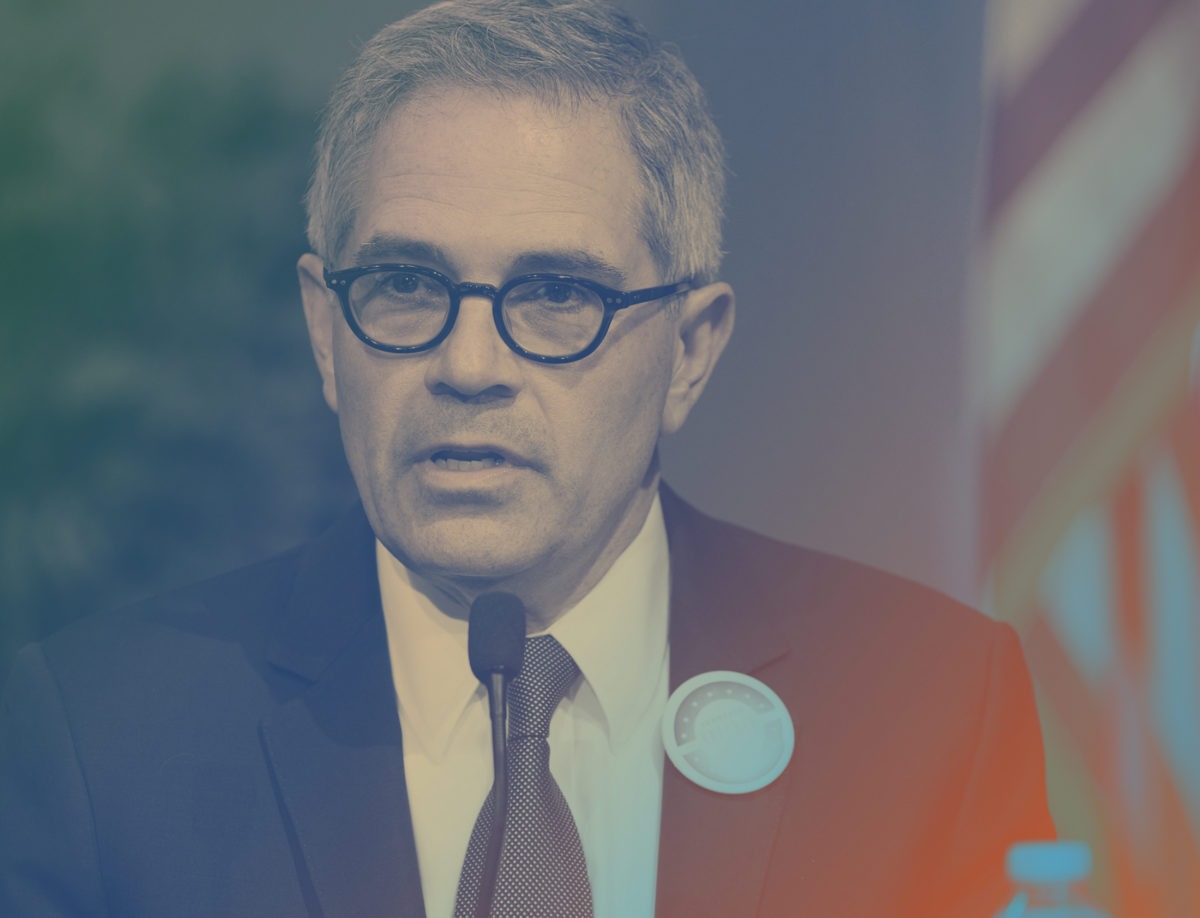
On key issues in district attorney races, Pennsylvania voters support policies that reduce incarceration and promote rehabilitation.

Only by understanding the structure, power, and impact of the lower courts can we begin to address how local judges can better serve their communities.
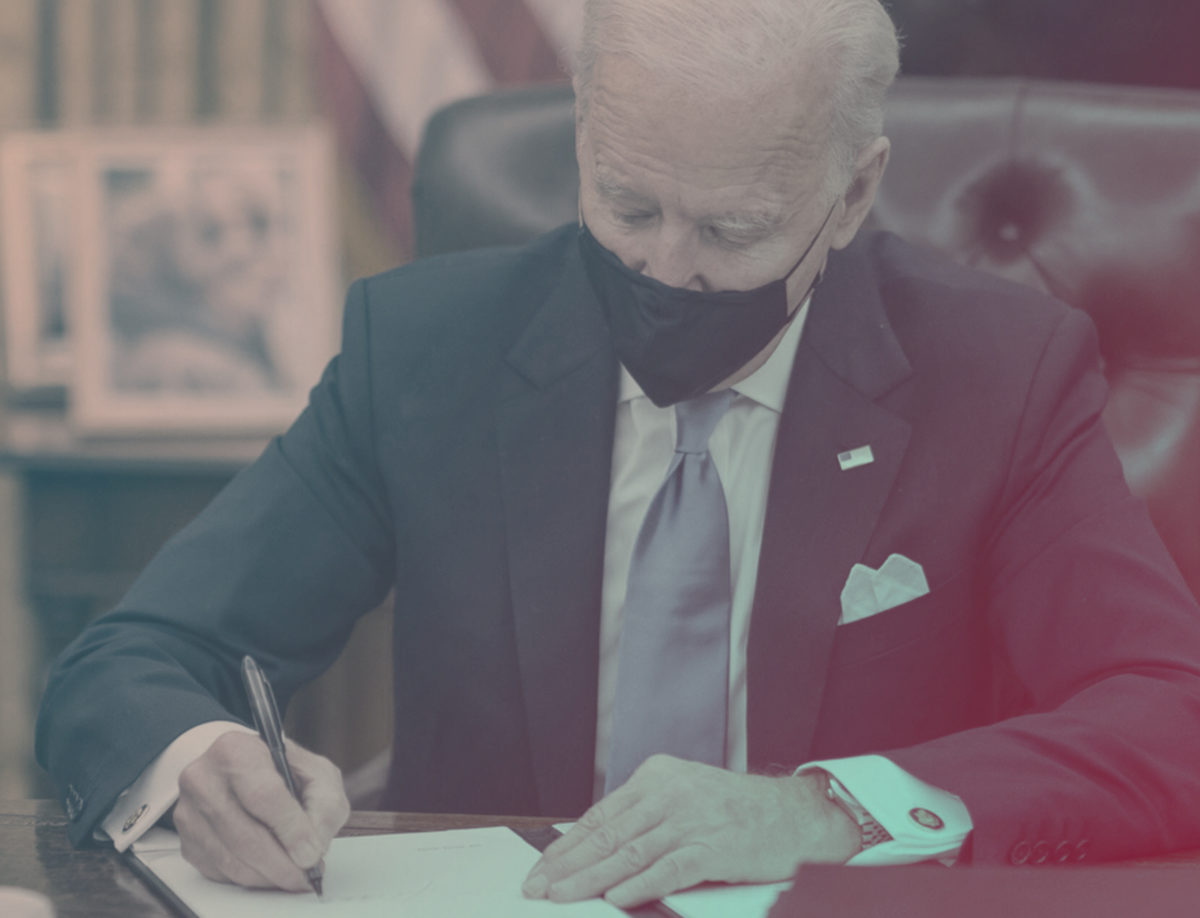
New polling shows broad voter support for clemency and the president’s use of commutation power to promote rehabilitation, consistency, and mercy.

Congress must act to ensure that the power of digital currency is used in an inclusive system, not to cement Big Tech’s already outsize influence.

Radical change requires developing alternatives to probation that do not steer people into prison.
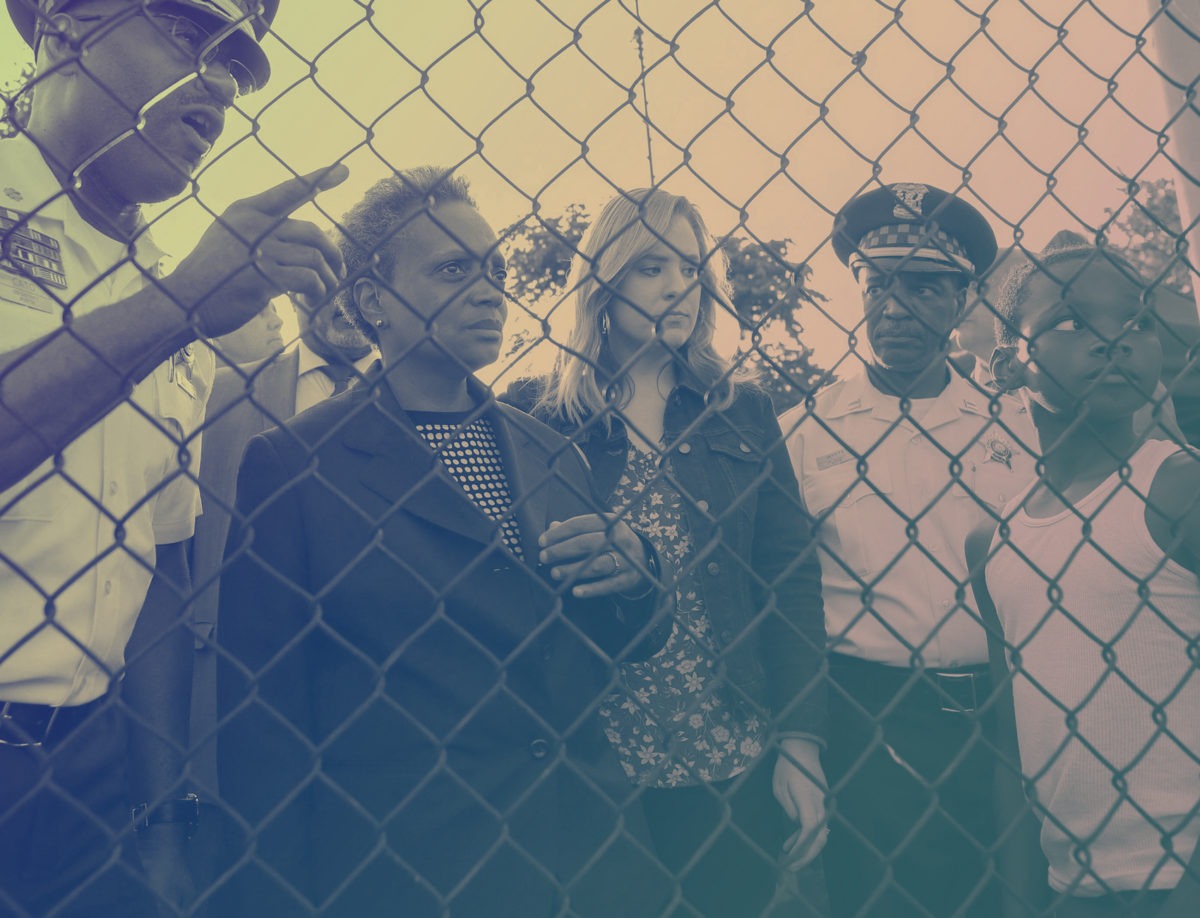
Mayors are uniquely positioned to upend a system that devalues Black Lives, and to catalyze transformative change away from policing.

New polling shows that voters across dozens of major U.S. metros recognize the broad reach of mayoral power—and demand bold, progressive change.

A permanent Public Health Job Corps would allow the U.S. to take on the drivers of health inequity and build power among workers.
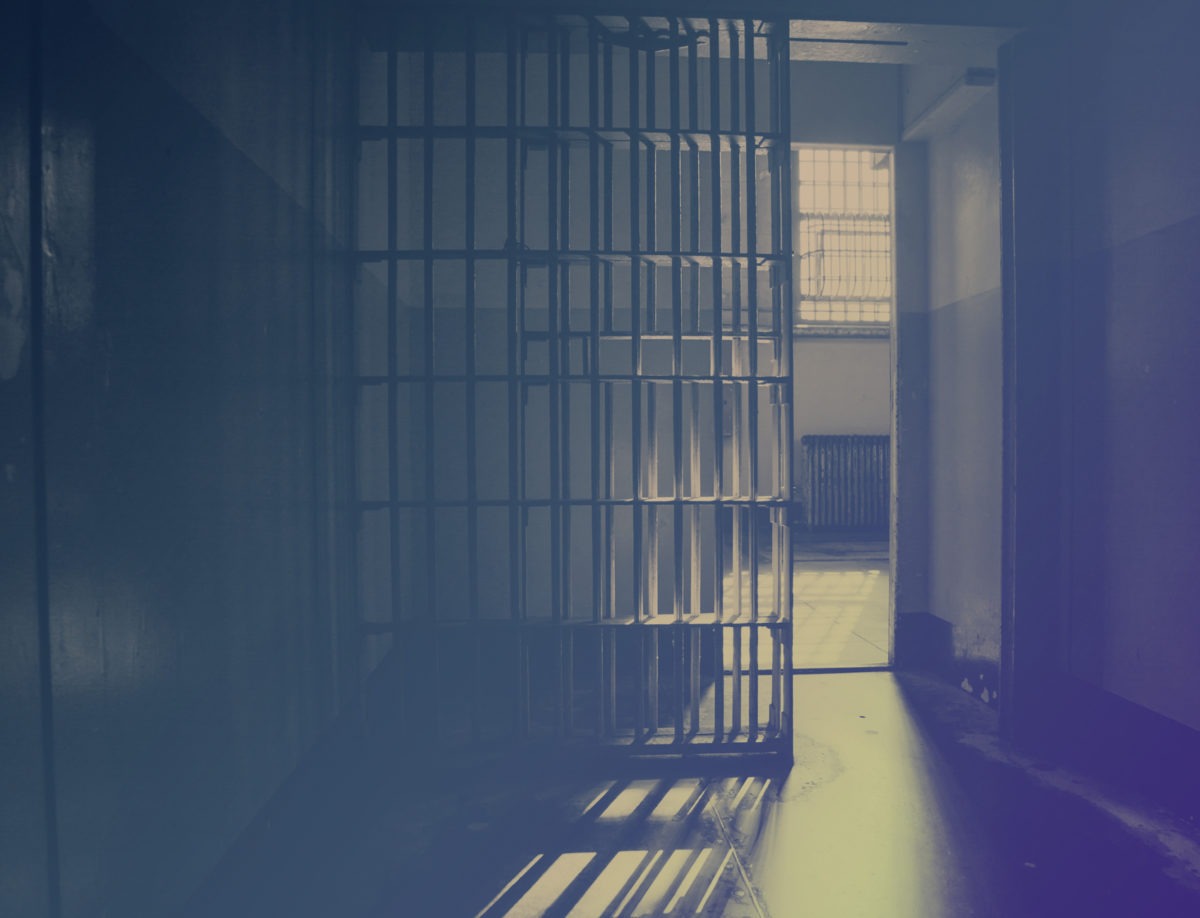
New polling shows voter support for executive clemency and commuting prison sentences for many who can be safely returned to their communities.

Voters want systemic alternatives to policing that reduce opportunities for police violence and support lawmakers who embrace these changes.

The PLRA chokes off meritorious litigation, leaving incarcerated people without the means to preserve life and limb.

New polling shows that Connecticut voters support legislation that would create a statewide right to counsel for those facing evictions.
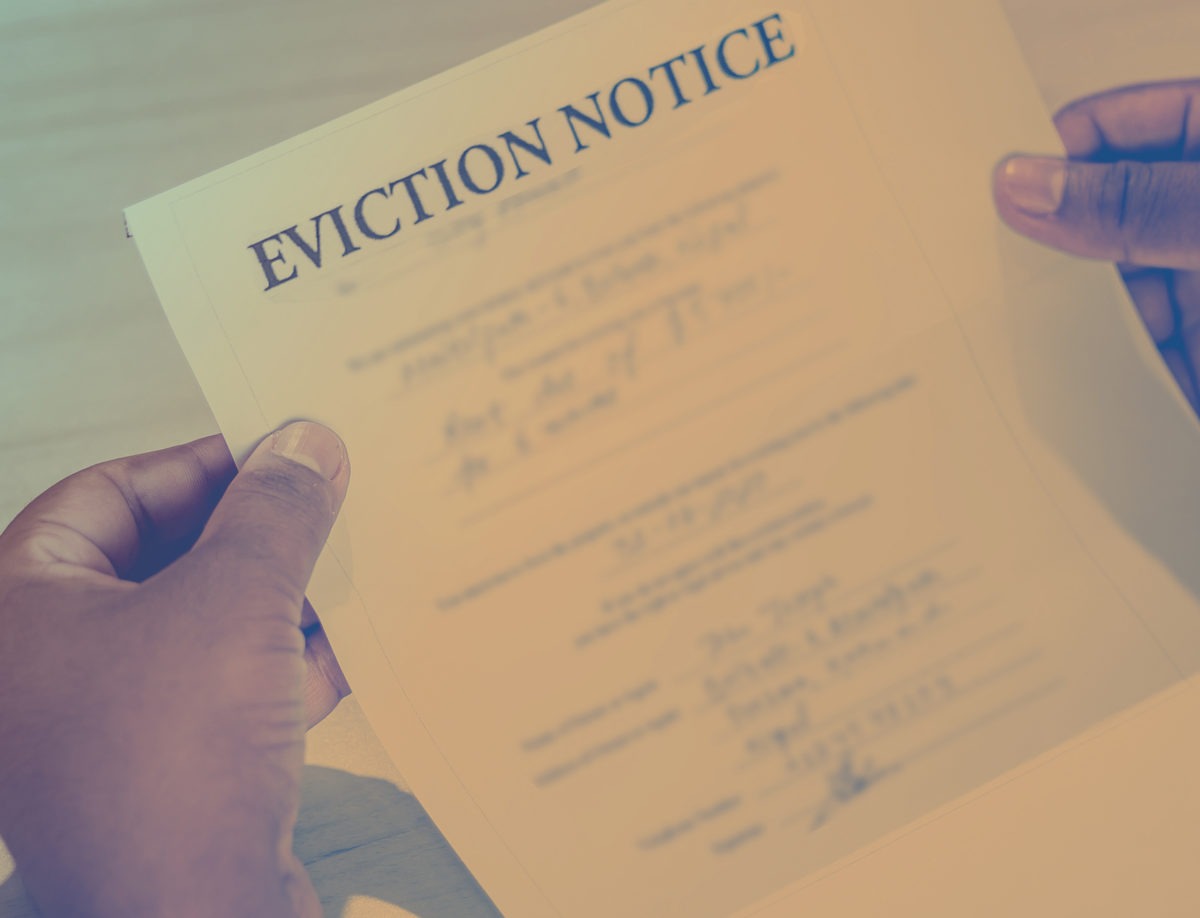
Eviction courts are not the great equalizer but rather part of the machine driving a national eviction crisis.

Policymakers must protect tenants from records that can effectively banish people from civil society.

New polling shows strong bipartisan support for policies including expunging or sealing eviction records and restricting their use.

A new poll shows broad support among likely voters for using police funds to create non-police emergency first responders to handle some emergency calls.

The patchwork of local, state, and federal eviction moratoria have proven porous, needlessly complicated, poorly understood, and rarely enforced.

Harris County voters want alternatives to policing that enhance public safety and reduce unnecessary encounters with armed police, according to new polling.
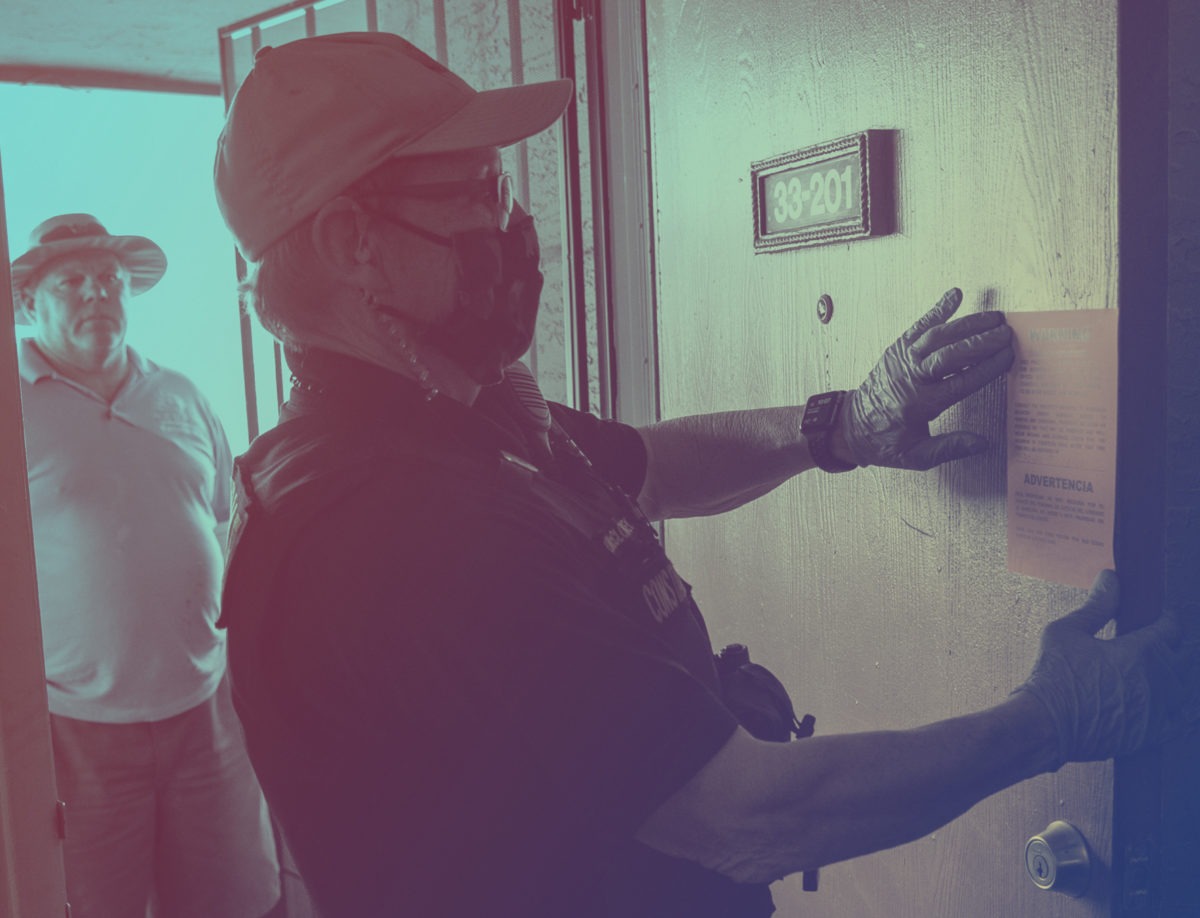
A new poll shows Harris County voter support for safe shelter for people experiencing homelessness and ensuring a right to legal counsel in evictions.

New polling shows that a majority of likely voters in Harris County support reforms that have eliminated cash bail for many low-level offenses.
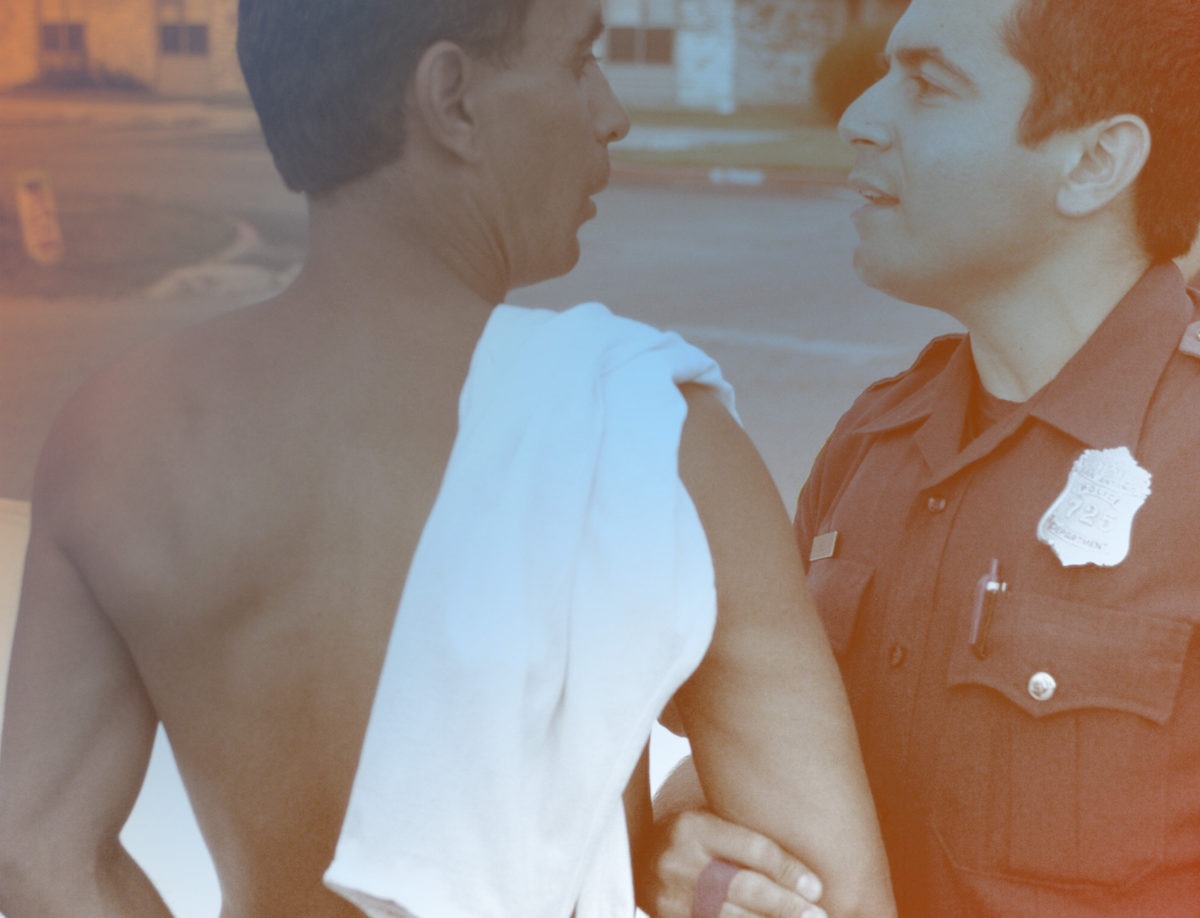
New polling in Bexar County reveals vast support for reforms to San Antonio policing, including increased transparency and alternative crisis response.
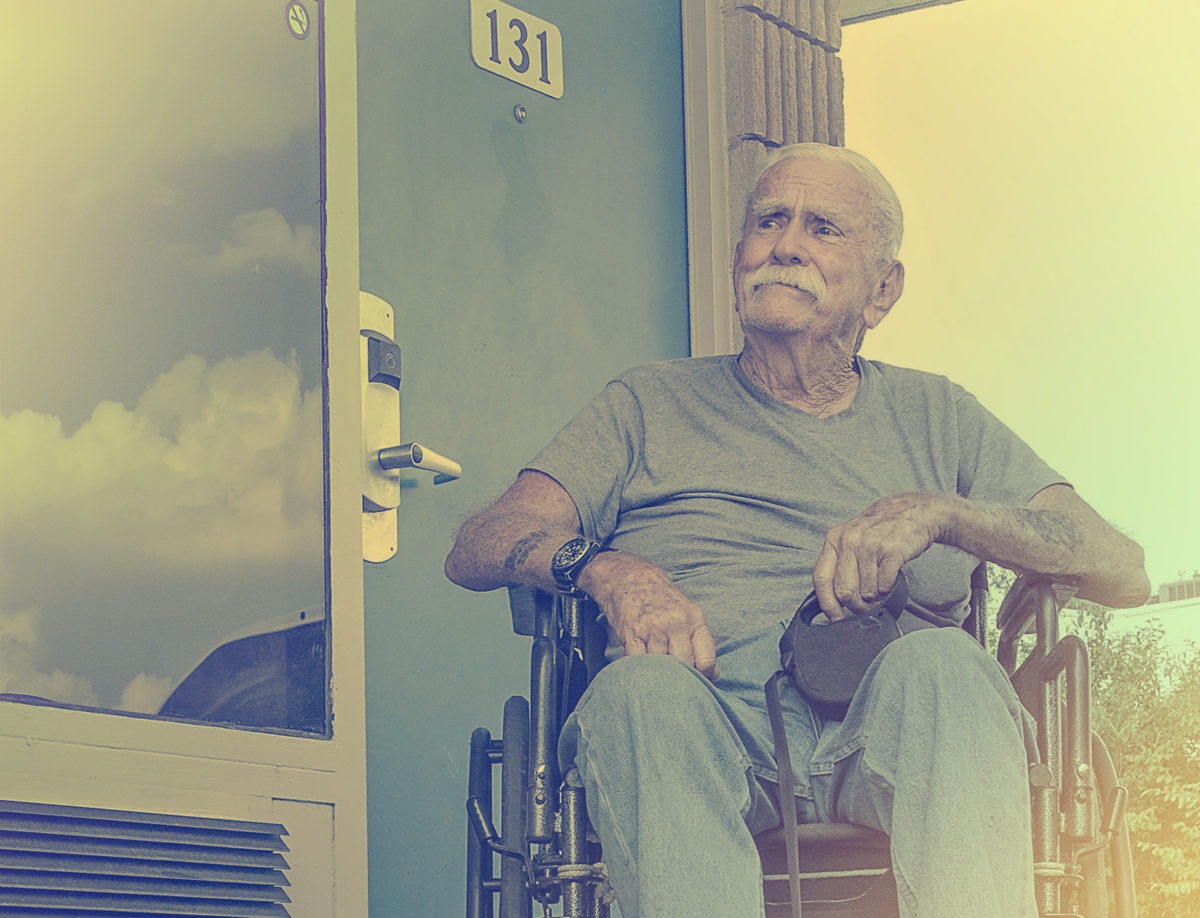
A new poll shows San Antonio voters support repurposing hotels and other buildings to provide permanent and temporary housing for people who lack shelter.

Incarcerating someone for a noncriminal rule violation doesn’t improve outcomes or safety; it does the opposite.

A new poll shows San Antonio voter support for direct cash payments to those who recently experienced a crisis or need help reaching economic stability.

A novel place-based approach to COVID vaccine allocation could reduces inequities, even as states have adopted differing allocation frameworks.
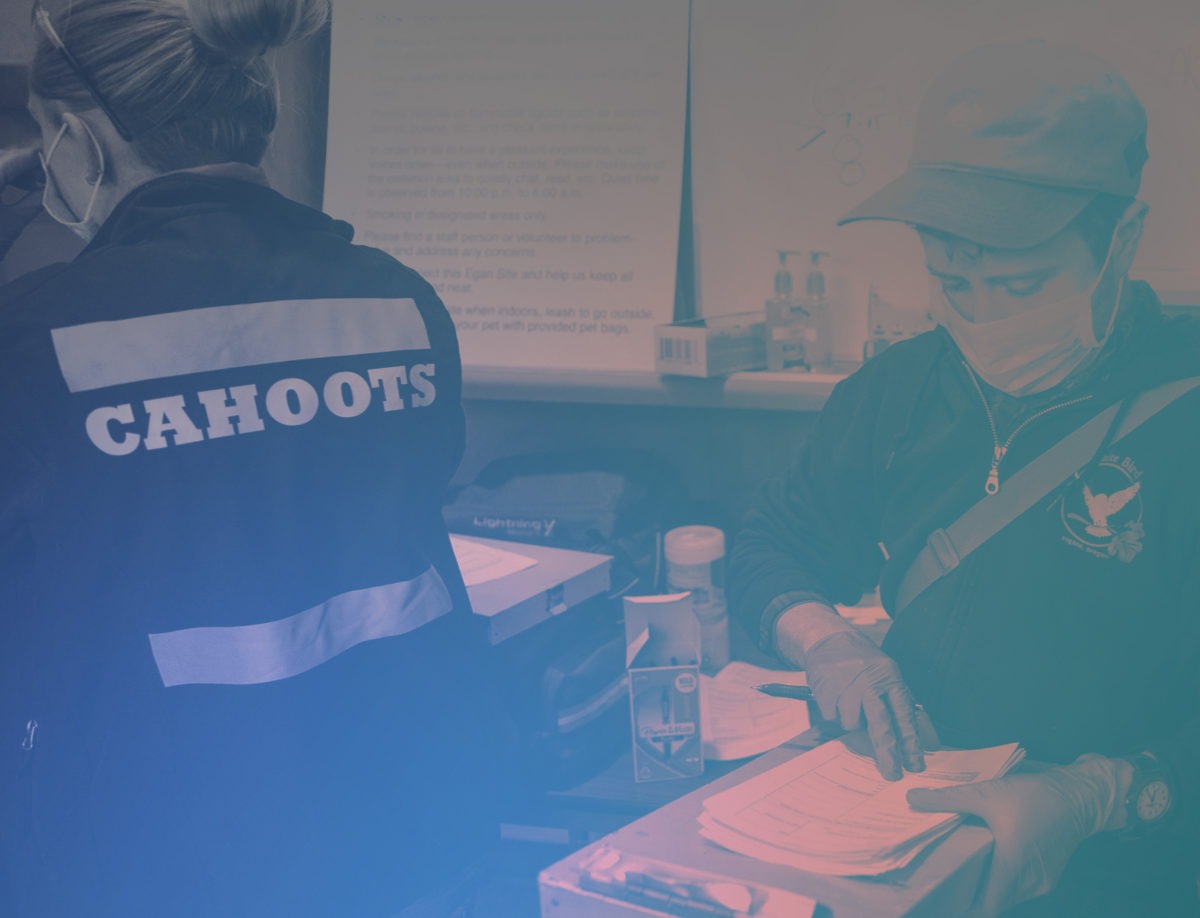
Over 80 percent of Oregon voters support funding programs that deploy non-police first responders to health emergencies.

A new poll shows that a majority of Oregon voters want to reverse mandatory minimum sentencing laws and restore judicial discretion to sentencing decisions.